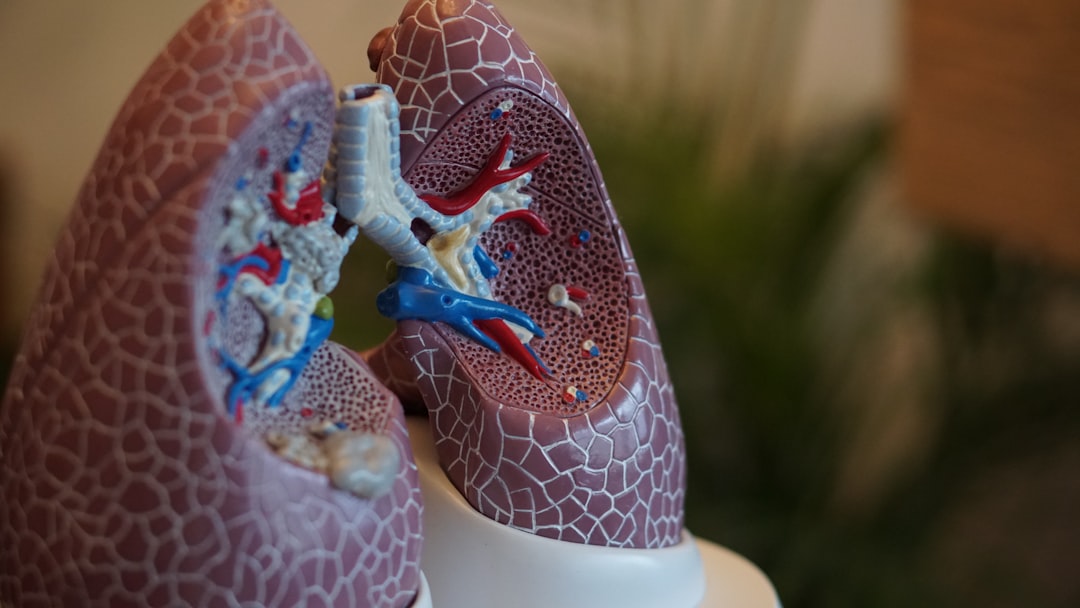What is it about?
Trigonella foenum-graecum L., also known as Ḥulba or Methi, is a plant that has been used for centuries in Unani medicine to treat various diseases. This paper reviews the scientific and classical Unani literature on Ḥulba and its potential health benefits. The authors found that Ḥulba seeds and leaves contain several chemical compounds that have been shown to possess various properties, including antidiabetic, antibacterial, anti-inflammatory, and antioxidant activities. Unani physicians have consistently recommended Ḥulba for a variety of ailments, such as indigestion, arthritis, and diabetes mellitus. However, further research is needed to validate some of the claims made in traditional medicine using scientific parameters. Overall, this paper provides a comprehensive review of the potential health benefits of Ḥulba and highlights the need for further research to fully understand its medicinal properties.
Featured Image

Photo by C P on Unsplash
Why is it important?
This review is important because it provides a comprehensive summary of the potential health benefits of Trigonella foenum-graecum L. (Ḥulba or Methi) in Unani medicine. The paper highlights the traditional uses of Ḥulba and its chemical constituents, as well as the modern scientific evidence supporting its medicinal properties. The review also emphasizes the need for further research to validate the claims made in traditional medicine using scientific parameters. Overall, this paper provides valuable information for researchers, healthcare professionals, and individuals interested in natural remedies and traditional medicine.
Perspectives
Our aim in this study was to emphasize the potential of Ḥulba in addressing various health conditions as identified by esteemed classical Unani scholars, while also delving into its phytochemistry and pharmacological properties within the context of contemporary medicine. We conducted thorough manual and online searches, utilizing reputable electronic databases to gather and analyze published material. The literature we gathered consistently demonstrates the longstanding recommendation of Ḥulba seeds by Unani physicians for a diverse array of ailments, including indigestion, arthritis, diabetes, and respiratory issues. Moreover, we discovered that Ḥulba seeds and green leaves contain a multitude of chemical constituents, such as alkaloids, flavonoids, steroids, saponins, and amino acids. Significantly, our research uncovered numerous pharmacological studies that have showcased the diverse properties of Ḥulba, including its antidiabetic, antispasmodic, hypolipidemic, immunological, antibacterial, anthelmintic, anti-inflammatory, analgesic, and antioxidant activities. Based on the available evidence, we confidently conclude that Ḥulba has been effectively used in Unani medicine for the treatment of various diseases. The extensive documentation of its pharmacological properties by Unani scholars, along with the support from modern research studies, further strengthens our perspective. However, we acknowledge the need for additional research to validate some of the claims made in traditional medicine using scientific parameters.
Dr. Nazim Husain
Luqman Unani Medical College Hospital and Research Center, Bijapur, Karnataka, India
Read the Original
This page is a summary of: A Comprehensive Review on Trigonella foenum-graecum L. with Special
Reference to Unani Medicine, Combinatorial Chemistry & High Throughput Screening, February 2024, Bentham Science Publishers,
DOI: 10.2174/1386207326666230504112848.
You can read the full text:
Contributors
The following have contributed to this page










